Rhino Rocktober: The Stooges, Rush, and Faces
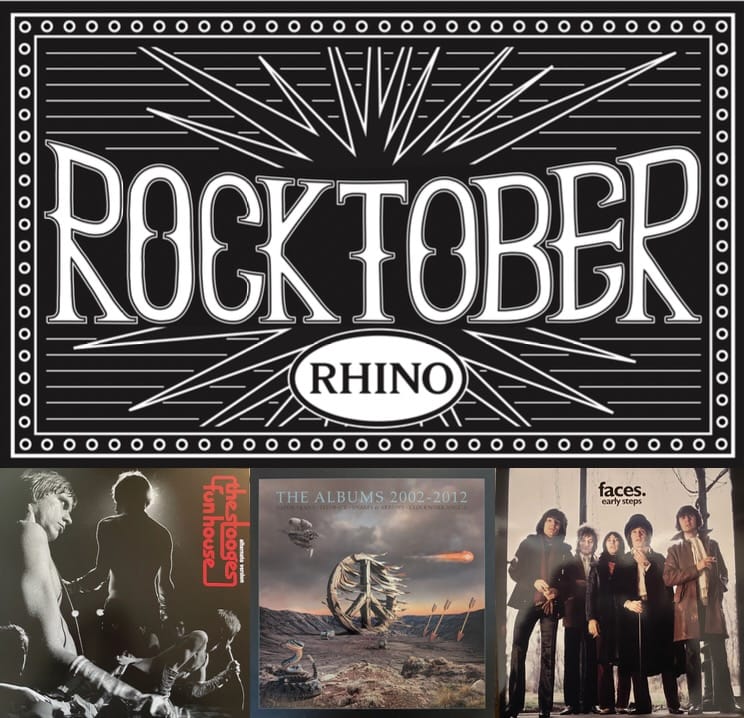

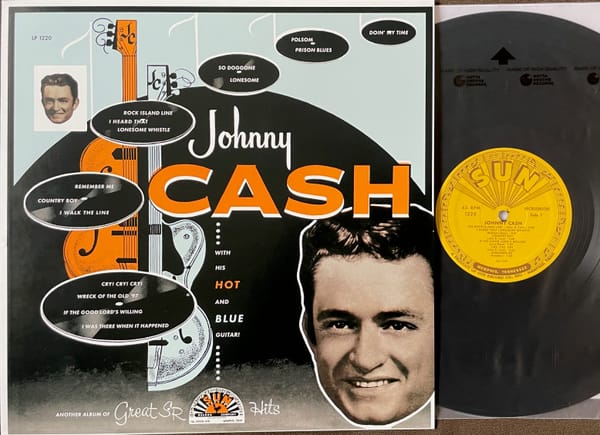
Some musicians exist outside of a genre even as they define it. “Country music” doesn’t quite seem a fitting descriptor for what Johnny Cash did, and yet he was one of its most representative practitioners in the second half of the 20th century. The term is simply too limiting
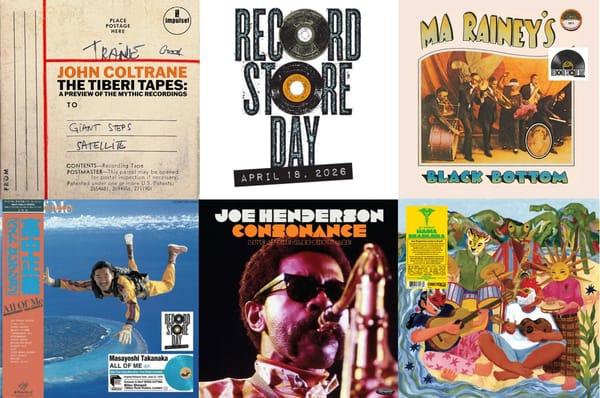
As we begin the week with decided global uncertainty, it might not be the best time for some good ol’ vinyl escapism. ...What am I saying? It might be the best time for some good ol’ vinyl escapism. In here, we can close off the outside world, ignore all the
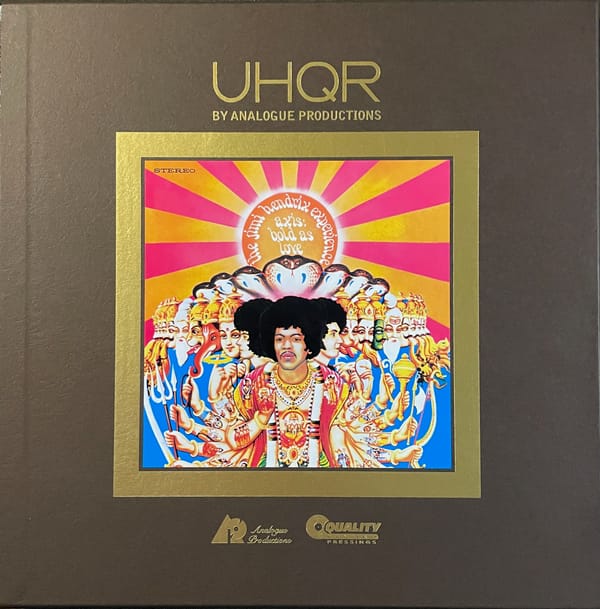
It was scarcely three months ago that we were treated to a definitive box set of the Jimi Hendrix Experience’s sophomore album, 1967’s Axis: Bold as Love. That box, containing analog cuts of the album’s mono and stereo mixes plus three LPs of bonus material and a
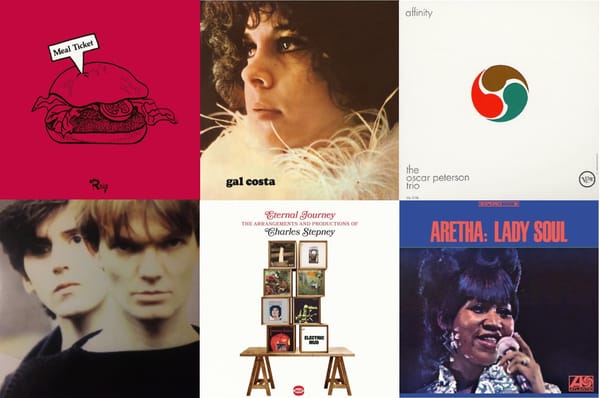
It’s your favorite time of the week, when you get to read our ramblings about some of the upcoming vinyl reissues hitting your local record store this Friday. You will not be surprised to hear that it’s another jam-packed roster, with lots of below-the-radar stuff as well as